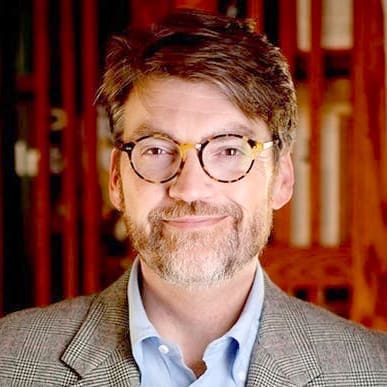Early in the Harry Potter craze, I started bemoaning the adults-reading-kids-books trend—only to choke on my words when Jonathan Franzen, quizzed by a book festival audience no doubt expecting him to lambast the boy magician, replied he was just happy to see people reading. This was not long after his discomfort with The Corrections having been picked as an Oprah Book Club selection led to the offer’s retraction, so perhaps he was in a tolerant mood. If Franzen was content to see all reading as good reading, who was I to disagree?
That didn’t stop me from the occasional jibe, though, especially when I spotted juvenile literature in the hands not just of adults but of those who ought to have known better (i.e., people whose taste I respected). They invariably assured me the books were good, better than what passed for grown-up fiction, and this descent into the Young Adult category was an exceptional thing. “You should try them,” they said.
While that didn’t persuade me to hop on the bandwagon, over time I tempered my prophetic diatribes into just the occasional bout of sotto voce sarcasm.
I tried to understand, too. This is just a curmudgeonly reaction, I told myself. Avidly reading the same book as your fourteen-year-old kid doesn’t automatically make you an Eloi. In fact, it’s probably a good thing—building family rapport, or something like that. No doubt today’s Rowling readers will grow up to devour Tolstoy. They’ll certainly have the wrist muscles necessary to hold up fat Russian novels for hours at a time.
My optimism was buoyed by an essay in The Southern Review by Robert Clark Young titled “The Death of the Death of the Author.” The end of the serious novel has been confidently predicted for ages, he wrote:
“Surely the most naive of Sumerian writers must have understood that cuneiform was a doomed writing system anyway, and that anybody still pressing wedges into soft clay was a fool. It must have made for a sour panel at the Euphrates Writers Conference when the participants showed up for ‘The Death of Clay Tablets.’ Technological advances were threatening the writing arts, with clay itself soon to be replaced by papyrus and then paper and then satellite dishes for high-definition television. How would the written word survive?”
I had feared that the market for serious fiction would evaporate in the harsh sunlight of the Young Adult Blockbuster, but it wasn’t an either/or proposition. We could read The Prisoner of Azkaban and Notes From Underground
back to back. When Susanna Clarke’s Jonathan Strange & Mr. Norrell
came out, I told people it was like Harry Potter for grown-ups, imagining that having cut their teeth on the one, they’d gladly dine on the other. And you know what? I was right.
So confident had I become that, when Ken Myers interviewed me for Volume 90 of the Mars Hill Audio Journal, I kept insisting that I was optimistic about the future of literacy. I cited Young’s essay, quoted Franzen’s blessing of the Harry Potter franchise, and positively refused to admit there were any clouds on the reading horizon.
My interview came first on the episode, which is why I recall Volume 90 so vividly. For everyone else, it’s the fact that the same volume included a lengthy discussion with Dana Gioia, then chairman of the NEA, about the dismal report on the state of literacy in the nation. My confidence in the future cracked a little.
It didn’t shatter, though, until a bit later, during one of my infrequent visits to the local Barnes & Noble. A poster in the front window promoted some kind of event. I’d never heard of the book or the author. I expected to find a lonely writer installed at a table near the door. Instead, a throng of adolescent girls and their mothers were lined up—not to see the author, but merely to buy the book.
This was my belated introduction to the Twilight phenomenon, and once again my adult friends were tucking thick volumes behind their backs when they saw me coming. The jeremiads shortly followed, more forceful for having been restrained in the past.
I’ve cooled off a bit, grown introspective. But I can’t help thinking this is a bad thing. If the most popular novels the average adult reads are in fact written for precocious teens, what does that say about us? What does it signify for the future?
While I’d like to think it will all work out like it always does, more and more people are predicting the end of the book every day. And if the novel has a future at all, they seem to imply, it’ll look like . . . this.
“You should be grateful they’re reading anything at all,” I’m told. And maybe I should.
But I’m not.


